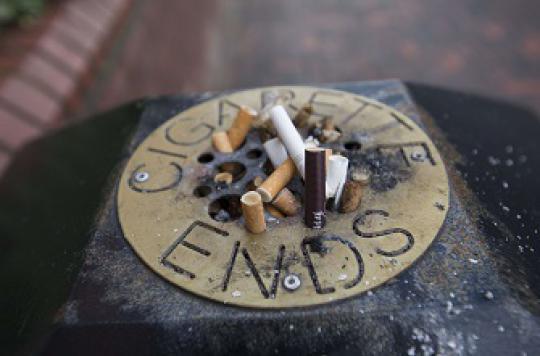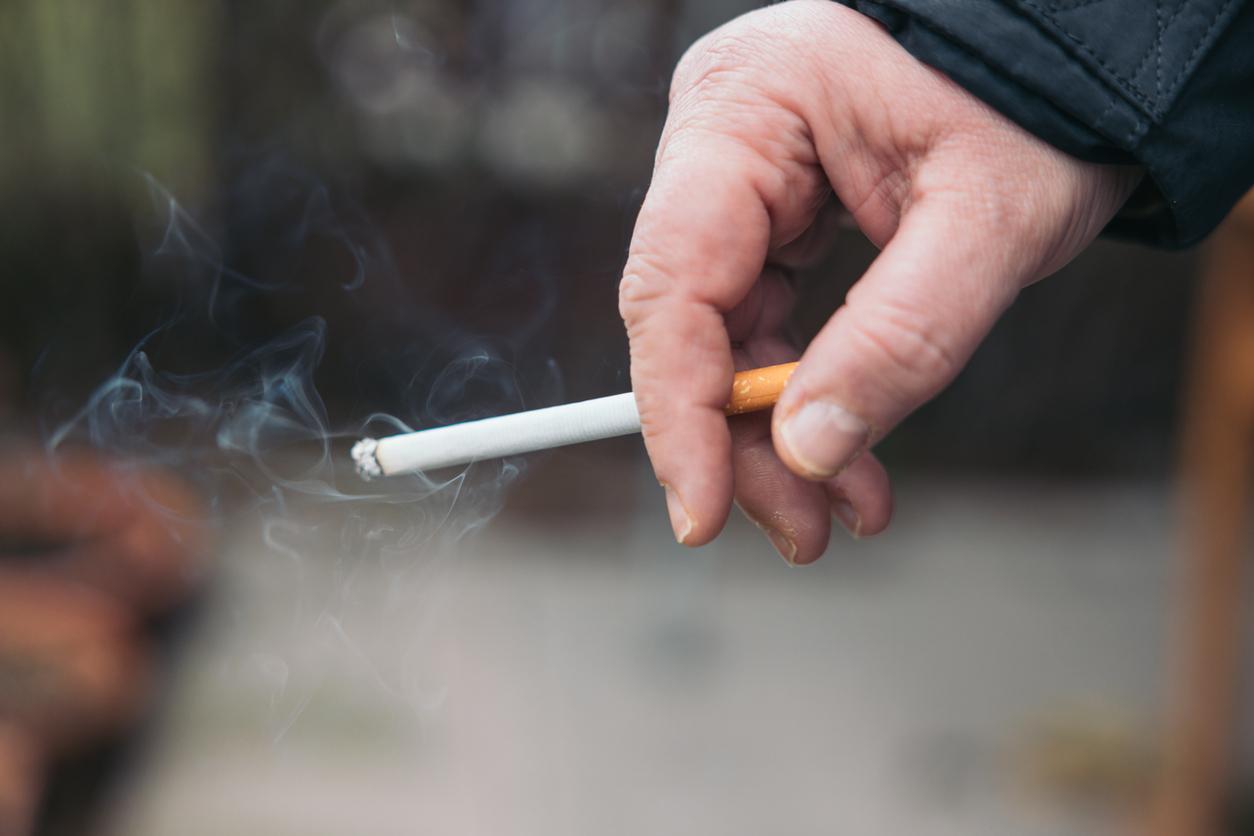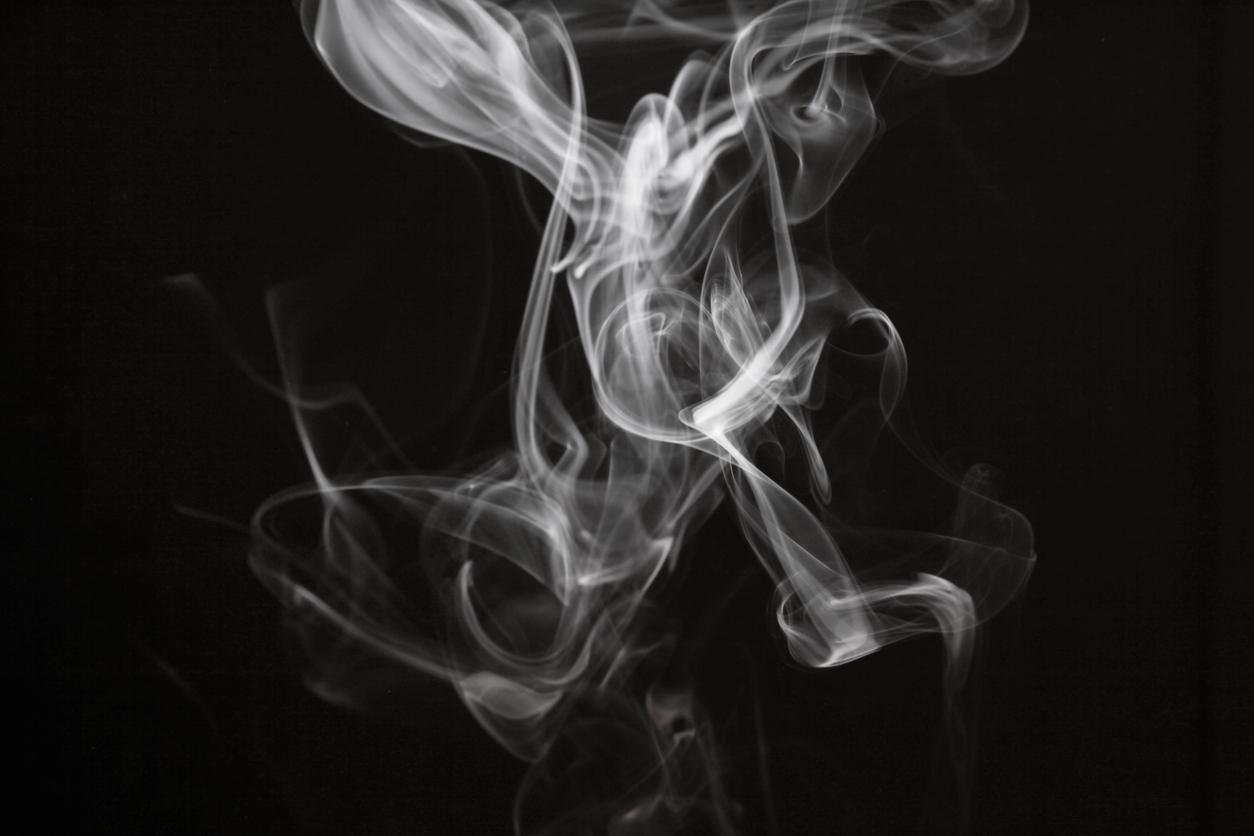A simple, but strict solution can encourage smokers to stop their consumption: completely ban tobacco, at home and in the street.

Without a place to burn one, smokers would be more likely to quit. A study from the San Diego School of Medicine (California, United States), published on December 18 in Preventive Medicine, draws this conclusion from a questionnaire among smokers. Strengthening anti-smoking laws leads to a stronger reduction in smoking.
Ban smoking from home
“California is the first state in the world to have banned smoking in public places in 1994, and we are still discovering the positive impact of this ban on changing social norms and on the growing number of housing and cities banning to smoke, ”explains Wael Al-Delaimy, one of the study’s authors. This study took place in California. Known for being tough on smokers, the state has the largest number of cities that ban street smoking. Some even go so far as to ban smoking from housing. This is the case of Belmont (2009), Santa Monica (2012) and San Rafael (November 2013).
More than 1,700 smokers in the state were surveyed. The results revealed that a total ban on smoking helps reduce consumption or even stop it altogether. This is not the case if the ban is partial.
More or less effective depending on the sex
Not all smokers react the same way to anti-smoking laws, this study also tells us. A ban on smoking in the home is therefore more effective in people over 65, women and households without children. “When there is a total ban on smoking in the home, we have found that smokers are more likely to reduce their smoking, and try more to quit than when they can smoke in certain parts of the house. , ”Explains Wael Al-Delaimy. Banning smoking in cities, on the other hand, is more effective for men while women react much less to it.
Bhutan and Brazil also strict
The study report recalls the positive effects of a strict anti-smoking law on smokers. But it remains difficult to control the behavior of individuals in their homes. This is perhaps why few cities ban smoking in homes. However, severe legislation exists: Bhutan has banned the cultivation, harvesting, production and sale of tobacco since 2010. Brazil, for its part, has banned flavored cigarettes – including menthol – and only allows eight additives. New York City, also known for its tobacco control, allows trustees to ban smoking in apartment buildings.
A measure of this order has already been proven in 2007. A study by the Canadian health service assessed the impact of various bans on the number of former smokers. Banning smoking in the office doubled the number of people quitting smoking and increased it by 7% at home.
.

















